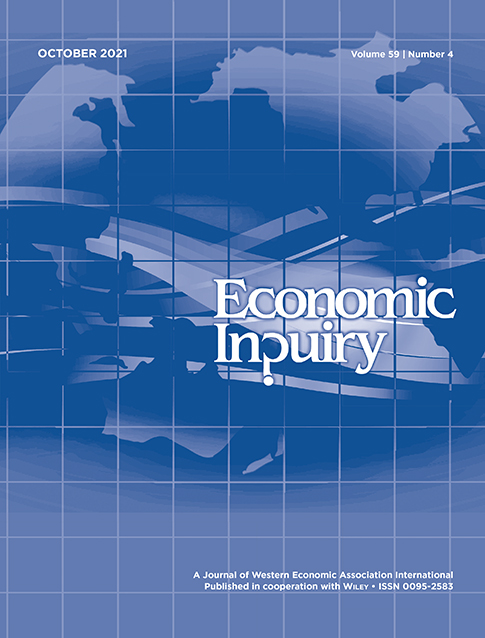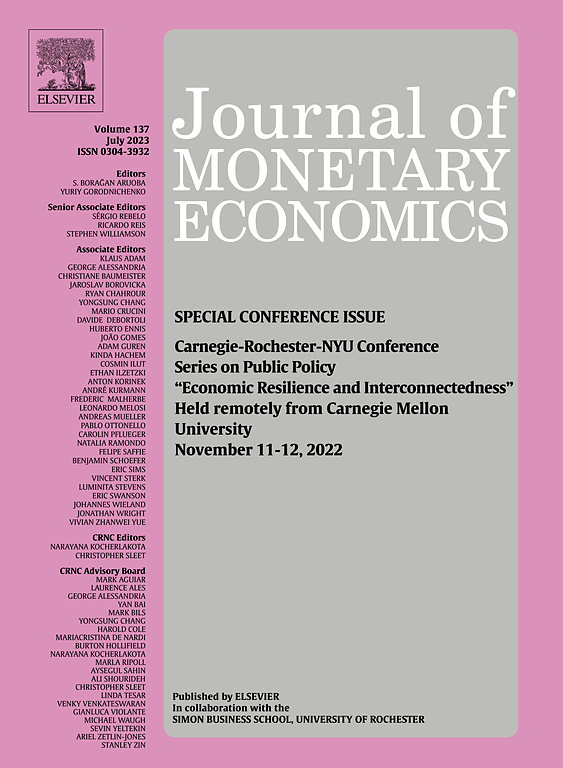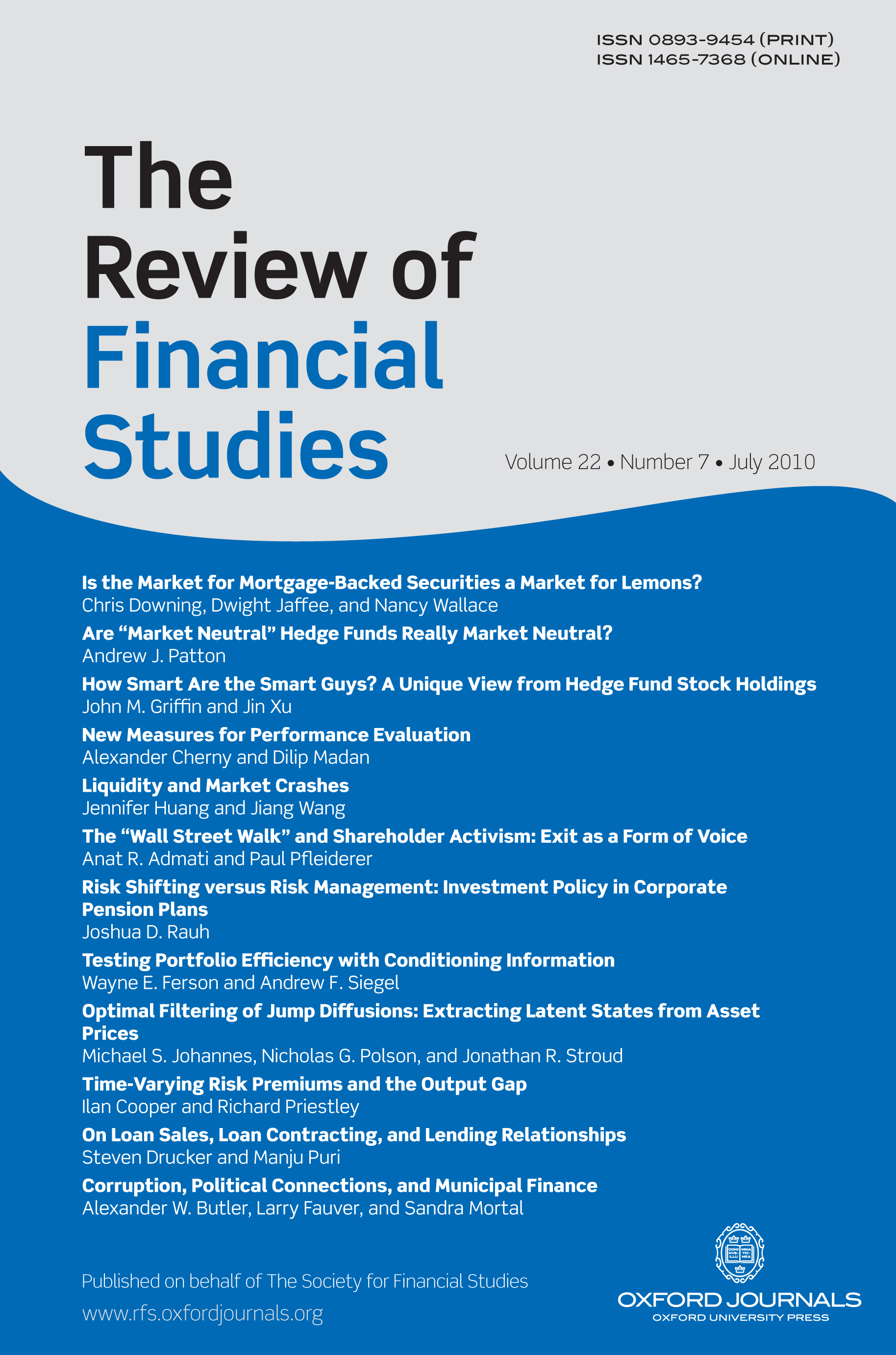Vahid Saadi, PhD

Current Position
since 5/18
Research Affiliate
Halle Institute for Economic Research (IWH) – Member of the Leibniz Association
since 8/24
Senior Lecturer in Finance
University of Liverpool
Research Interests
- banking
- real estate markets
- corporate finance







